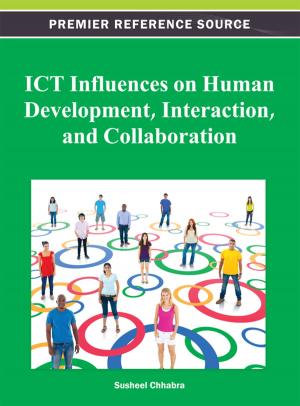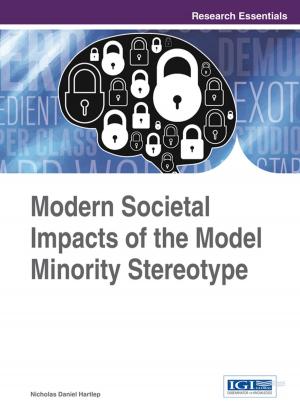Revolutionizing the Interaction between State and Citizens through Digital Communications
Nonfiction, Science & Nature, Technology, Telecommunications, Engineering, Social & Cultural Studies, Political Science| Author: | ISBN: | 9781466662940 | |
| Publisher: | IGI Global | Publication: | July 31, 2014 |
| Imprint: | Information Science Reference | Language: | English |
| Author: | |
| ISBN: | 9781466662940 |
| Publisher: | IGI Global |
| Publication: | July 31, 2014 |
| Imprint: | Information Science Reference |
| Language: | English |
Networked communication technologies have drastically changed the relationship between States and their citizens. This fundamental shift has eased civilians’ ability to access information and organize groups like never before, creating the need to re-examine existing theories. Revolutionizing the Interaction between State and Citizens through Digital Communications evaluates the relationship between governments and their constituents, and how this relationship is impacted by emerging technologies. Discussing both developed and underdeveloped nations, this book provides a comparison for the ongoing shift in societies, serving as a critical reference for legal professionals, activists, government employees, academics, and students.
Networked communication technologies have drastically changed the relationship between States and their citizens. This fundamental shift has eased civilians’ ability to access information and organize groups like never before, creating the need to re-examine existing theories. Revolutionizing the Interaction between State and Citizens through Digital Communications evaluates the relationship between governments and their constituents, and how this relationship is impacted by emerging technologies. Discussing both developed and underdeveloped nations, this book provides a comparison for the ongoing shift in societies, serving as a critical reference for legal professionals, activists, government employees, academics, and students.















